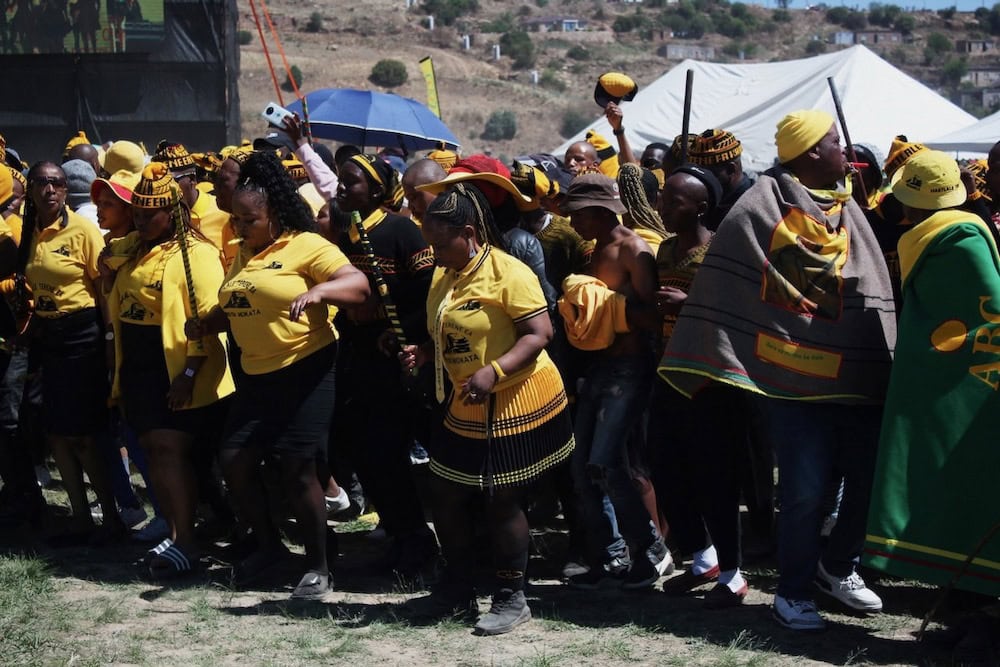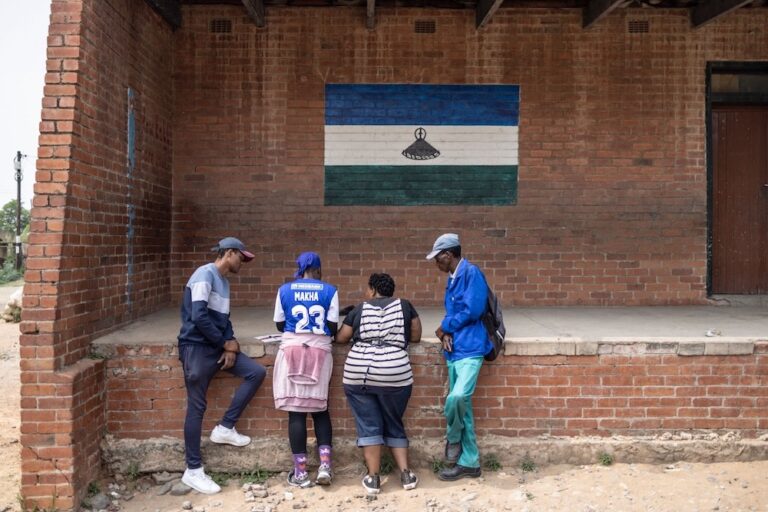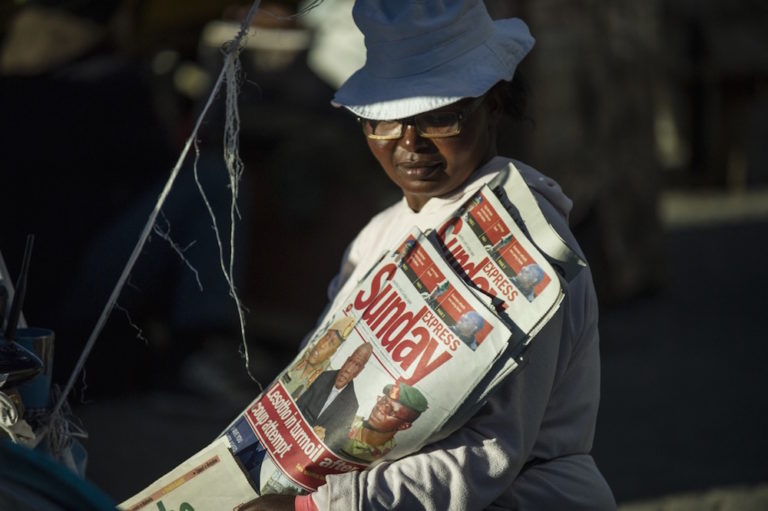Authorities in Lesotho are being urged to retract statements criminalising media interviews with banned Famo music groups.
This statement was originally published on cpj.org on 31 May 2024.
Lesotho authorities should withdraw statements equating media interviews with outlawed music groups to criminal offenses and provide guarantees that journalists will not face arrest for doing their jobs, the Committee to Protect Journalists said Friday.
During a May 21 press briefing, deputy police commissioner and then-acting head of the police force Mahlape Morai said it was a criminal offense for journalists to publish interviews with Famo music groups, according to a recording of the press briefing reviewed by CPJ, news reports and a statement by the Lesotho chapter of regional press freedom group Media Institute of Southern Africa (MISA).
The announcement was in response to the Minister of Local Government, Chieftainship, Home Affairs, and Police, Lebona Fabian Lephema, declaring 12 Famo music groups “unlawful” and banning them on May 10, according to media reports and a copy of the government notice reviewed by CPJ.
Famo music groups are known for their popular accordion-based style of music, but the groups have also been accused of acting like rival gangs and engaging in criminal activities, including murder.
Morai clarified during the May 21 press briefing that media outlets may interview members of the group, but “sharing that interview with the nation” would be promoting “something illegal” and “committing a crime.”
Speaking to CPJ via messaging app, Morai denied saying the media should not cover the Famo groups, and said she only spoke out against promoting them. “In my own words, I said whatever you do, make sure you do not encourage or promote the illegal activities that are done by the Famo,” Morai told CPJ.
“Giving voice to diverse viewpoints is essential to the media’s professional duty, and Lesotho police have no business dictating who journalists may or may not interview,” said CPJ Africa Program Coordinator Muthoki Mumo, in Nairobi. “Lesotho authorities must retract statements equating interviewing the outlawed Famo music groups to a crime and desist from any attempts to censor the press.”
CPJ was unable to confirm which section of the law Morai would enforce. Under Lesotho’s 1984 Internal Security Act — which empowers the home affairs minister to outlaw groups accused of subversive activity and outline penalties for supporting such groups — those convicted of soliciting financial or other support for these groups could face between five and 20 years imprisonment and fines up to 100,000 maloti (US$5,340).
Police Commissioner Borotho Matsoso, who was appointed on May 23, told CPJ on May 28 that he was not in a position to give an interview and requested that he be reached the following week. Lephema did not respond to CPJ’s repeated calls and messages with questions about the case.



